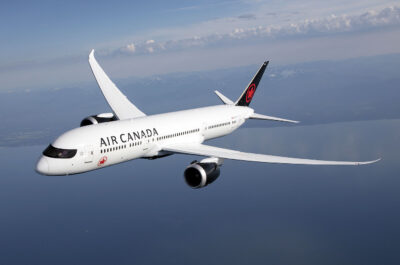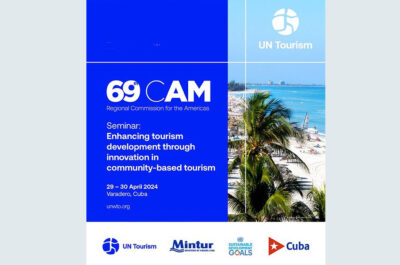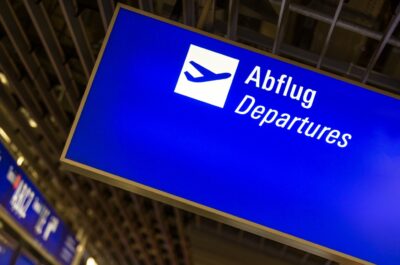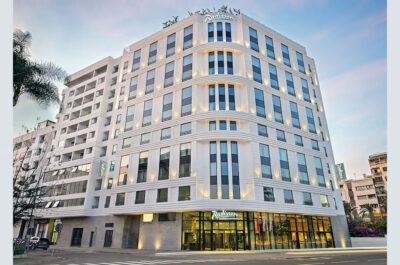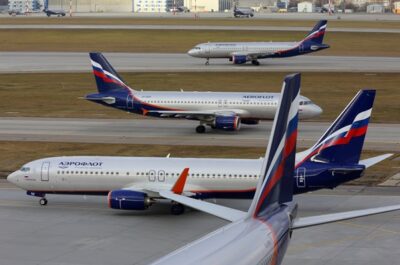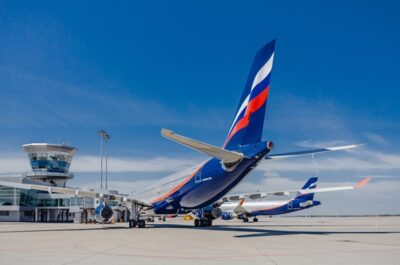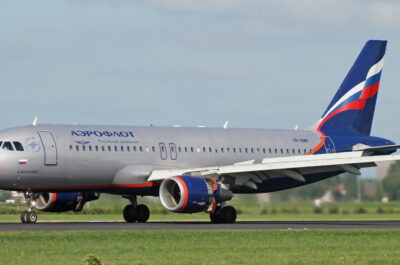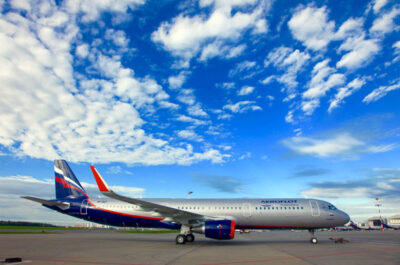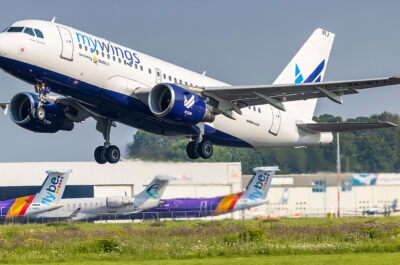In 2019, Aeroflot Group’s revenue increased by 10.8% year-on-year to RUB 677,881 million.
MOSCOW – Aeroflot Group publishes its consolidated financial statements for the year ending 31 December 2019 in accordance with International Financial Reporting Standards. The results, including for the comparable period of the previous year, are published in accordance with the new IFRS 16 Leases standard.
Key financial highlights:
- Revenue increased by 10.8% year-on-year to RUB 677,881 million;
- EBITDA amounted to RUB 168,924 million;
- Net profit totalled RUB 13,512 million.
Andrey Chikhanchin, PJSC Aeroflot Deputy CEO for Commerce and Finance, said: “Aeroflot Group grew its key operating and financial indicators in 2019. A 9.0% increase in passenger traffic to 60.7 million led to a 10.8% increase in revenue, which totalled RUB 677.9 billion. For shareholders, the key financial highlight of the year was a significant increase in net profit to RUB 13.5 billion.
“The results for 2019 should be considered in the context of a number of external factors. The year began with consistently high fuel prices and FX pressures on the non-RUB component of our costs, which put pressure on our results for the first quarter of 2019. In the second quarter, we saw a rise in fuel costs following the closure of Pakistan’s airspace, which led to longer flight times to destinations in Thailand, India and Vietnam and required lower passenger loads. During the summer season we were working against the high base effect of the same period in 2018, when Russia hosted the World Cup. Nevertheless, Aeroflot Group managed to improve its performance due to high demand in the summer season and a substantial reduction in the 4Q loss, from RUB 16.3 billion in 2018 to RUB 6.8 billion in 2019.
“Stronger 4Q 2019 results were achieved thanks to a number of revenue- and cost-management initiatives taken by the management team, including active capacity management, the introduction of additional services to increase passenger comfort, and strict cost control. Along with simple budgeting and financial control decisions, we implemented a number of initiatives to increase internal efficiency, including negotiations with partners to achieve more favourable financial terms. As a result, in 4Q 2019, RASK increased by 3.2% year-on-year while CASK reduced by 1.7%. Pressure from the factors mentioned above was thus fully compensated by the financial results for the last quarter, despite it being traditionally a low season.”
Key financial highlights
Since 2019, as per the requirements of the new IFRS 16 Leases standard, the Group’s results for the year 2018 are presented to reflect the impact of the new standard.
In accordance with the IFRS 16 standard, operating lease liabilities were recognised as part of the Group’s assets and liabilities. As liabilities are denominated in foreign currencies, FX fluctuations lead to revaluations that must be reflected in the financial statements. To reduce volatility from lease revaluations, the Company has applied special accounting rules that reflect only FX differences relating to the reporting period, in line with the economic nature of the leasing agreements. These rules apply only from 2019. Thus, when restating the results for FY 2018, FX differences attributable to the entire term of the leasing contracts were reflected in the Group’s profit, as a result of which the net loss for FY 2018 amounted to RUB 55,694 million. Had the accounting rule been applied since the start of 2018, profit for the period would have been RUB 8,669 million.
In 2019, Aeroflot Group’s revenue increased by 10.8% year-on-year to RUB 677,881 million.
Revenue from scheduled passenger flights increased by 12.2% year-on-year to RUB 557,132 million, due to an increase in passenger traffic and the additional impact of rising yields. Revenue from charter flights decreased by 1.1% to RUB 37,438 million.
Other revenue increased by 9.7% year-on-year to RUB 64,029 million due to a rise in FX-denominated revenues from agreements with other airlines and a rise in revenues from the frequent flyer programme.
Introduction of the IFRS 16 standard
In January 2019, Aeroflot Group made a number of changes to its accounting policies regarding leases. The changes bring the Group’s policies into line with the new IFRS 16 Leases standard, which replaces the provisions of IAS 17 and interpretations regarding leases.
The new standard defines the principles of recognition, evaluation, presentation and disclosure of information in financial statements regarding leases. Under this model, the Group recognises in its financial reporting all assets and liabilities for all leases longer than 12 months, except in cases when the underlying object is of low value, and accounts for the depreciation of recognised right-of-use assets separately from interest on the lease liability in the composition of the profit or loss for the period.
The Group has taken the decision to use fully retrospective restatement for the transition to the new standard when recalculating comparative measures for each accounting period. Right-of-use assets, as well as their respective liabilities and financial assets, were assessed for the purposes of the transition to IFRS 16 as though the new standards had always applied. The comparative results in the consolidated statement of financial position, the consolidated profit and loss accounts, and the total revenue and cash flow statements were calculated in accordance with the new IFRS 16 standard.
A significant part of the Group’s aircraft lease agreements is in US dollars. In connection with the recognition of lease obligations relating to operating lease agreements for aircraft during the transition to IFRS 16, the Group updated its approach to assessing the effectiveness of its hedging, and defined as a hedge object the future highly probable revenue equal to the amount of cash flows under lease agreements on a discounted basis. This change has had a forward-looking effect since 1 January 2019.
Aircraft fuel costs increased by 5.0% year-on-year to RUB 190,876 million. This was mainly due to the Group’s operational growth and an increase in carrying capacities.
Excluding fuel costs, operating costs increased by 15.5% year-on-year to RUB 426,342 million.
Expenses related to aircraft servicing and passenger services amounted to RUB 127,240 million, up 17.4% year-on-year, due primarily to the growth of passenger traffic and increased airport fares in Russia.
Amortisation and customs tariffs increased by 19.3% year-on-year to RUB 108,261 million. This was due to the expansion of the average Group’s fleet over a 12-month period. Following the introduction of the IFRS 16 standard, depreciation expenses have become one of the most significant cost items as they affect all aircraft on the Group’s balance sheet.
Staff costs increased by 12.4% year-on-year to RUB 92,413 million, mainly due to an increase in the number of flight crew to support the Group’s growth.
Selling, general and administrative expenses increased by 7.1% year-on-year to RUB 31,407 million due primarily to growth of the business. The Group continues to maintain strict control of non-operating expenses.
Aircraft maintenance costs increased by 26.2% year-on-year to RUB 30,566 million, due to an increase in aircraft servicing, which in turn was due to an increase in flight hours and the depreciation of the ruble, as well as investments to maintain product quality.
Lease expenses amounted to RUB 8,099 million. These include expenses associated with short-term leases, variable lease payments and lease of low-value assets, which under the IFRS 16 standard are not recognised as Group liabilities and assets on the balance sheet.
Other expenses decreased by 0.4% year-on-year to RUB 28,356 million. As a result of these factors, EBITDA totalled RUB 168,924 million, while the EBITDA margin was 24.9%.
In 2019, finance income decreased by 19.5% year-on-year to RUB 5,486 million, due to lower interest payments on bank deposits.
Finance costs decreased by 59.5% year-on-year to RUB 52,050 million, primarily because in 2018 revenue from FX-denominated liabilities was not hedged against liabilities related to leases previously classified as operating leases. As a result, non-cash FX revaluation of total lease-related liabilities was reflected in finance costs following a 20.6% appreciation of USD in 2018.
Given the factors noted above, Aeroflot Group’s net profit for FY 2019 amounted to RUB 13,512 million.
Following the introduction of IFRS 16, lease liabilities increased mainly by the stated amount of liabilities that existed under lease agreements previously classified as operating leases. Previously, future payments under these agreements were not classified as liabilities and were not reflected in the balance sheet, while current payments under agreements relating to comparative reporting periods were reflected in the profit and loss account. Therefore, the change in debt under the IFRS 16 standard is an accounting (“paper”) change that is not associated with a real increase in the company's liabilities or a change in its financial position. The business model of the Group and its contractual obligations have not changed.
As of 31 December 2019, total debt in accordance with IFRS 16 decreased by 13.1% compared to 31 December 2018, to RUB 573,700 million. The reduction was due to adjustments to the valuation of leases following the strengthening of the ruble against the dollar as of 31 December 2019 compared to 31 December 2018, and repayment of debt in accordance with the payment schedule.
Vicky is the co-founder of TravelDailyNews Media Network where she is the Editor-in Chief. She is also responsible for the daily operation and the financial policy. She holds a Bachelor's degree in Tourism Business Administration from the Technical University of Athens and a Master in Business Administration (MBA) from the University of Wales.
She has many years of both academic and industrial experience within the travel industry. She has written/edited numerous articles in various tourism magazines.
